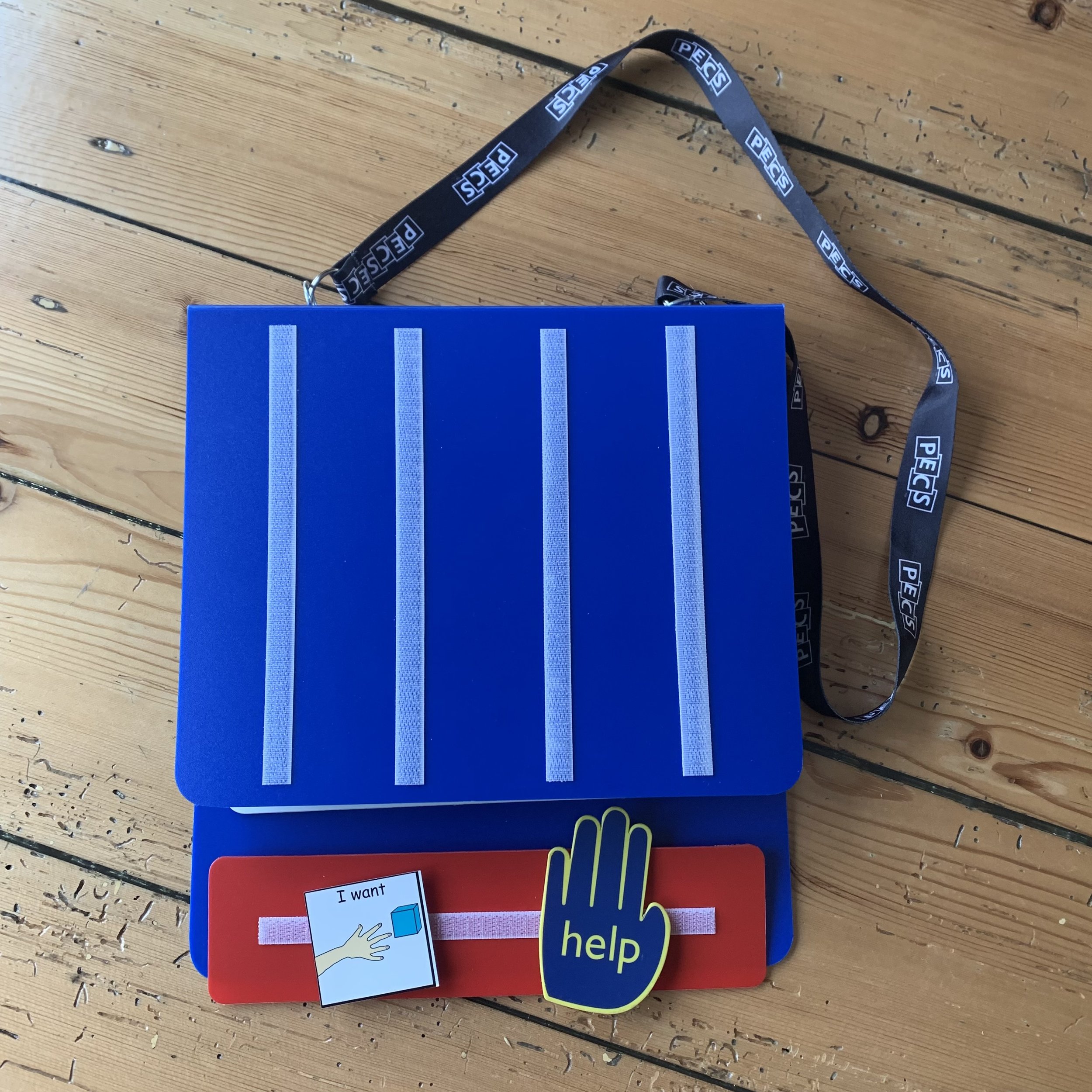
Blog

What is Makaton?
Makaton is a communication tool that utilises speech, signs and symbols to aid communication. It is designed to support spoken language and helps people with communication difficulties to understand and be understood. Makaton is used across a wide range of settings, including homes, schools, hospitals, and the community.

What is Augmentative and Alternative Communication (AAC)
Augmentative and Alternative Communication (AAC) refers to the methods used to help individuals with speech or language impairments communicate effectively. AAC encompasses a broad range of tools and techniques, from simple gestures and picture boards to sophisticated electronic devices. The goal of AAC is to enhance communication for individuals who cannot rely solely on verbal speech to express themselves. This blog post explores who typically uses AAC, the different types of AAC, their benefits, and how they can be effectively implemented to support communication needs.

Healthy Sleep Dependencies for Sustainable Sleep
One common contributor to ongoing sleep disruption is sleep dependencies — the things children rely on to fall asleep and stay asleep.
A sleep dependency isn’t always a problem. In fact, we all have them — from a certain pillow to white noise or a favourite bedtime routine. The challenge comes when a child’s sleep dependency is something they can’t replicate independently during the night.



Breaking Free From Screens:
In today's digital age, managing your child's screen time can be a challenging task. With screens everywhere – from televisions and tablets to smartphones and computers – children are more connected than ever. While technology has its benefits, excessive screen time can impact your child's physical health, emotional well-being, and social skills. This comprehensive guide offers practical strategies and tips to help you reduce your child's screen time effectively and foster healthier habits.

Positive Behaviour Support: A Simple Guide to Key Terms
If you’ve ever explored the world of behaviour support, you’ve probably encountered terms like "challenging behaviour", "positive behaviour support" (PBS), or “antecedent”. But what do they actually mean? In this blog we break down some of these common terms in plain language.

How do I know if my autistic child is ready for potty training?
Potty training is a significant milestone for any child, and for parents of autistic children, this process can present unique challenges. Understanding the specific needs and behaviours of your child is crucial to developing an effective potty training strategy. This blog explores how to know when it is time to start potty training your autistic child.

EBL Consultancy’s Free Webinar Series
Are you looking for practical, evidence-based strategies to support your child's development? EBL Consultancy is thrilled to announce our upcoming series of free webinars designed for parents, educators, and therapists who want to learn effective approaches to help their learners thrive.

The Benefits of Good Sleep for Children
Good sleep is essential for children's overall health and well-being. It plays a critical role in their physical, emotional, and cognitive development. Unfortunately, in today's fast-paced world, many children are not getting the quality sleep they need. 25-40% of typically developing children have problematic sleep and the situation is even worse for neurodiverse children; sleep disturbances occur for 40-83% of autistic children, over 80% of children with learning disabilities and as many as 70% of children with ADHD deal with some type of sleep problem. The question is, what kind of impact does disturbed sleep have on a child? And the answer, is a pretty big one! This blog post explores the numerous benefits of good sleep for children.
